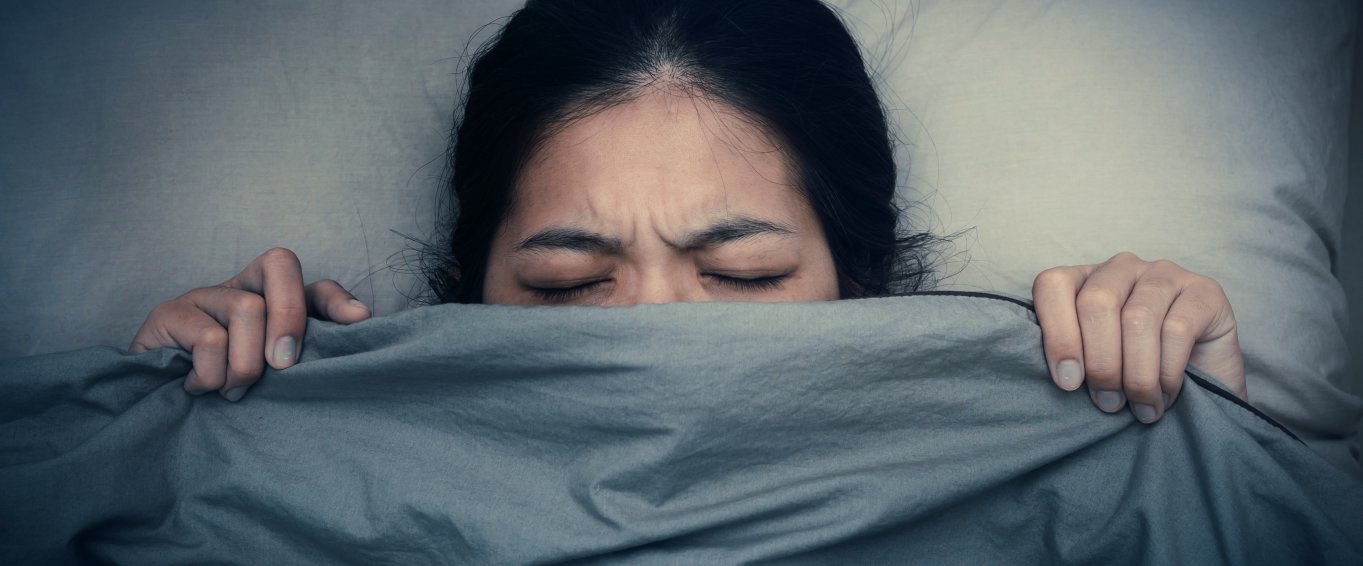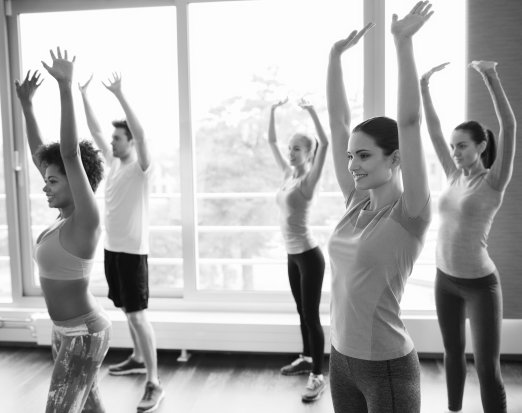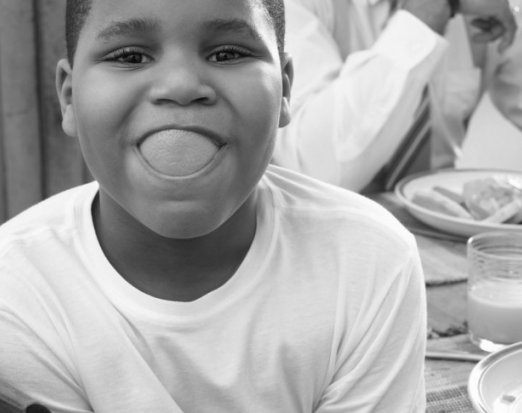What happens to your body when you need sleep?

Did you catch our latest post about the importance of eating protein to enhance your strength training? In this blog, we are going to focus on why sleep is as also essential for good health and muscle development.
We’ve all woken up from a bad night’s sleep feeling groggy and irritable, but did you know that sleep has a huge effect on your body's processes throughout the day? We need sleep for much more than feeling awake in the day, lack of sleep can lead to series health conditions and reduced quality of life.
It all comes down to your body’s circadian rhythms which is responsible for sleeping and eating patterns, alertness, core body temperature, hormone production, cell regeneration, and many other biological activities. Humans are naturally active during the daytime, and our circadian rhythms reflect this. Going to bed at the same time every night will encourage you to fall asleep at the same time every night and reach deep non-REM sleep.
What happens if you don’t get a good night’s sleep?
Muscle growth and recovery
A lack of sleep can affect muscle growth and how well your body repairs itself after physical activity. Growth hormone, which is essential to the repair and restoration processes of the body, is secreted during sleep, particularly during deep non-REM sleep. This means that sleep is essential after an intense training session so your body can rest and repair.
More likely to get ill
Losing sleep can also impair your body’s ability to defend against illness. Researchers found a reciprocal relationship between sleep and the immune system. They found that people who get less sleep, or a lower quality of sleep are more susceptible to common illnesses such as colds and flu. It goes without saying that the healthier you are, the more you’ll get out of your training.
Executive controls won’t be as sharp
In a study published by Experimental Brain Research, a group of 18 people were given a task to complete. The first task was completed following a full night’s sleep. The next task was completed after skipping a night of sleep. The researchers found that after the second task, executive Control including memory, decision-making, reasoning, and problem solving suffers after a night without sleep, along with reaction times and alertness. These are essential skills that every good sports player needs to have.
Increase your risk of diabetes
People who don’t get enough sleep may be at risk of developing adult-onset diabetes. Researchers scrutinised 10 studies which focused on sleep and the condition. Their findings uncovered that seven to eight hours of rest is the best range to avoid insulin issues.
How to improve sleep?
As you can see, sleep is indispensable and affects cognitive and physical processes as well as emotional and hormones. Sometimes having a terrible night’s sleep can’t be avoided, but try not to make it into a habit or there could be serious consequences down the line; think twice about refreshing Facebook before you go to bed!
• Aim to go to bed at the same time every night to help yourself fall into a routine.
• Stop drinking caffeine and sugary drinks a few hours before bed so your body can relax.
• Keep phones, tablets and bright screens away from your bed and avoid looking at them 30 minutes before you want to go to sleep.
• Use blackout blinds, an eye mask and ear plugs to avoid being woken up due to light or external noises.
Want more articles like this? Sign up to the Amaven mailing list for expert articles delivered straight to your inbox.





